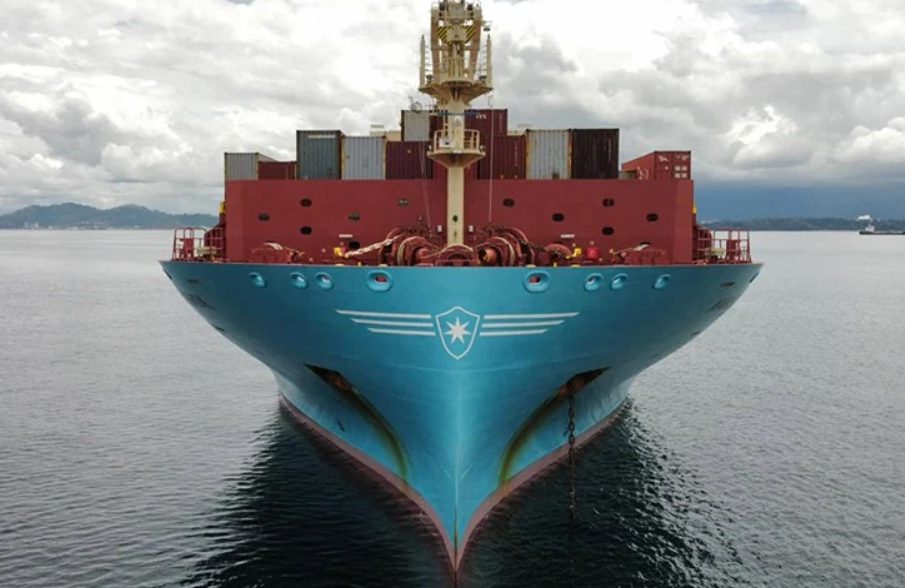Maersk: A Leader in Global Shipping and Logistics

Introduction
Maersk, the world’s largest container shipping company, plays a pivotal role in global trade and logistics. With operations spanning over 130 countries, the company significantly impacts supply chains and economies worldwide. Understanding Maersk’s current strategies and challenges is essential for businesses and consumers alike, especially as the industry adapts to post-pandemic recovery and geopolitical tensions.
Current Developments
As of October 2023, Maersk has focused on enhancing its sustainable practices, aligning with global climate targets. The company has committed to achieving net-zero greenhouse gas emissions by 2040. To reach this goal, Maersk is investing heavily in innovative technologies, including eco-efficient ships and alternative fuels, such as biofuels and hydrogen.
In recent months, Maersk has also faced challenges due to fluctuating global demand. The ongoing geopolitical tensions, particularly the Russia-Ukraine conflict, and the reshaping of supply chains have led to increased shipping costs and delays. In response, Maersk has diversified its services, including expanding logistics and supply chain solutions to provide customers with end-to-end offerings.
Recent Initiatives and Collaborations
Recently, Maersk launched its ‘Sustainability on the Seas’ initiative, aiming to reduce emissions across the maritime sector by collaborating with other shipping lines, port authorities, and global stakeholders. This collaboration aims to set industry standards for sustainable shipping practices, addressing public concerns regarding the environmental impact of global shipping.
Additionally, Maersk has been advancing digital transformation through technology investments in AI and blockchain. Such innovations enhance operational efficiencies, improve cargo tracking, and increase transparency for customers.
Challenges Ahead
Despite these advancements, Maersk continues to encounter challenges in the form of labor shortages, port congestion, and the need to evolve rapidly in a competitive environment. The company is actively working to ensure a resilient workforce through targeted hiring and training programs, addressing internal operational challenges to streamline logistics and distribution.
Conclusion
As a leader in global shipping, Maersk’s initiatives towards sustainability and innovation highlight the company’s vision for a more efficient and eco-friendly future. Through collaborations and technology adoption, Maersk demonstrates its commitment to navigating the complexities of the global shipping landscape. For businesses, understanding Maersk’s evolving strategies is crucial, as their operations directly influence supply chains and, consequently, the economy. As we look ahead, the outcomes of Maersk’s current strategies will greatly shape the future of maritime logistics.









